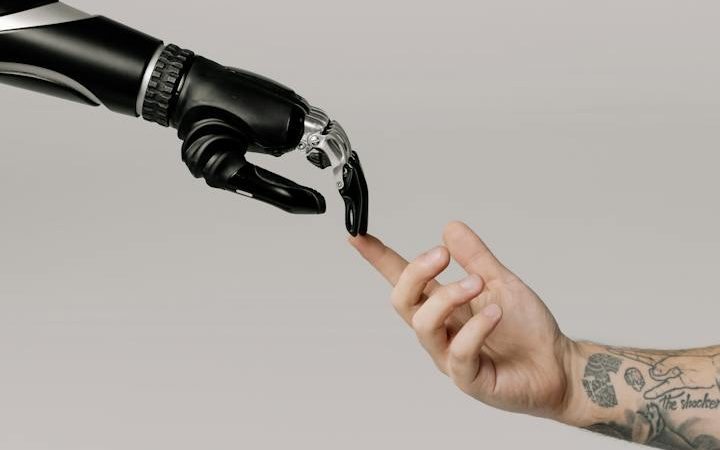What is the Internet of Behaviour (IOB)?
We are all looking forward to the end of 2020 and we begin to think about what 2021 will bring us, if possible, better than what this year has brought. But before next year rolls around, it’s time to get to know some tech predictions. We have already commented on some of them in our article on technologies that will change our lives.
Dynatec always looks ahead by identifying the most important trends. The technologies that Gartner sees for the next fiscal year, marked by the pandemic, are those that provide flexibility and adaptability to organizations. Solutions that allow putting people at the center, developing the activity regardless of location, and a solid supply.
In this article, we share one of the most imminent trends that everyone should prepare for in 2021: the Internet of Behavior.
How did we go from IoT to IoB: let’s start by talking about the Internet
Today, the Internet is essentially a network of networks and each of us connects to the Internet using a physical cable through wireless communication media.
Beneath this web of networks is a very real backbone of the connections that bring our personal computing devices into the world.
It all comes down to a simplified map of global Internet traffic, showing how countries and continents are connected.
Also read: Common Mistakes To Avoid While Implementing IoT
Behavioral Internet: beyond IoT or IoE
After 2020 marked by the pandemic, in 2021 there is a great demand for technologies that provide flexibility and adaptability to organizations. The internet of behavior emerges as technology is able to capture and use the information generated by people in their daily lives. Unlike the Internet of Things (IoT) or the Internet of Everything (IoE), which try to capture information in real-time, the IoB opens a new opportunity to learn about user habits or behaviors, allowing organizations to have knowledge very exhaustive of them and can, for example, customize the advertising content to the maximum. ´
According to the Gartner consultancy, it is expected that in 2023 the IoB will digitally track the individual activities of 40% of people, but today we already live with many tools that can be used by this technology. Facial recognition, location, or monitoring of physical activity can already be used by the IoT to know how we behave and what our needs and desires are.
Gartner consultants warn that privacy laws will influence the way in which these forms of monitoring and surveillance will be finally adopted. The controversy over this eventual intrusion is already spreading through the networks. The IoB approach, which interconnects our data with our decision-making, requires changing our cultural and legal norms, which were established before the Internet and Big Data.
What is the Future of IOB?
The IoT doesn’t collect data solely from your relationship with a single company. For example, an auto insurance company may view a summary of your driving history. As a society, we have decided that this is fair. But insurers can also scan your profiles and interactions on social media to “predict” if you are a safe driver – a questionable and extralegal move.
The IOB combines existing technologies focused directly on the individual, big data, facial recognition, location tracking, financial information, health indicators, and others. This data is correlated with other events such as purchases, the standard of living, professional performance, and family roles.






